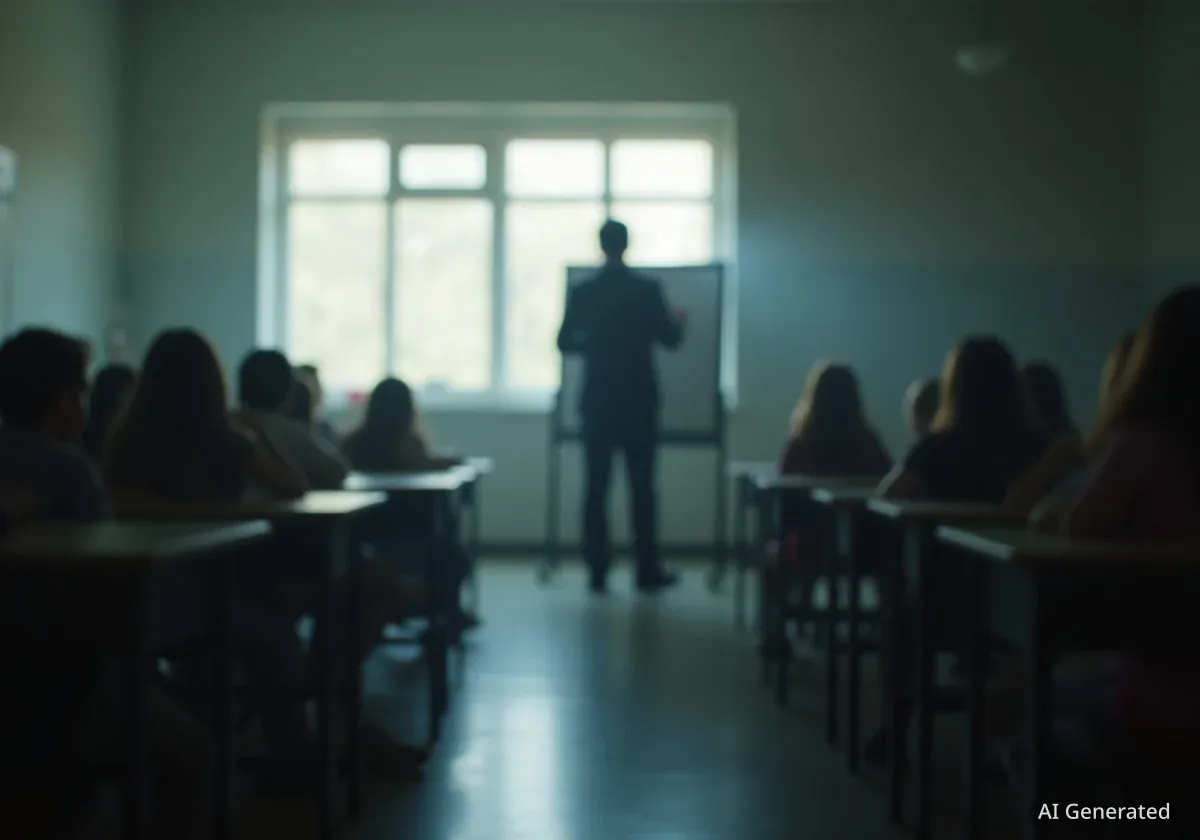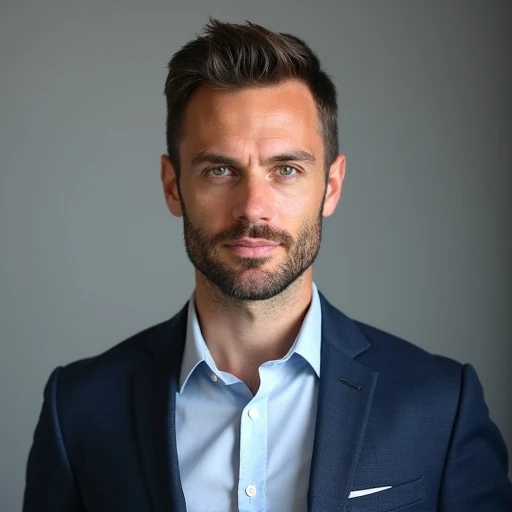The Massachusetts Teachers Association (MTA) has issued a strong defense of educators facing death threats and harassment. The union's statement, released Tuesday, comes after at least four New England teachers were placed on administrative leave for allegedly making negative online comments following the recent death of conservative activist Charlie Kirk.
Key Takeaways
- The Massachusetts Teachers Association is urging school districts not to discipline educators for online comments about conservative activist Charlie Kirk.
- The union cites a "climate of violence" and death threats directed at teachers as the primary reason for its stance.
- At least four teachers in the New England area have been suspended pending investigations into their social media activity.
- The controversy stems from the shooting death of Kirk during a speaking event at Utah Valley University last week.
Union Responds to Mounting Pressure
The Massachusetts Teachers Association, one of the state's largest and most influential labor unions, is taking a firm position against what it calls the validation of extremist accusations. The organization is demanding that school administrators protect their employees from harassment campaigns.
"We are insisting that public school administrators or officials not take actions that validate accusations by extremists against educators," the MTA declared in its official statement. The union argues that suspending teachers based on pressure from outside groups creates a dangerous precedent and chills free speech.
The MTA highlighted a severe escalation in rhetoric against the involved educators. "Our members are facing credible death threats and a coordinated campaign of online harassment," the statement continued. This hostile environment, the union claims, is being fueled by organized groups targeting teachers for their personal political views.
Background on the Incident
The situation escalated following the death of Charlie Kirk, a prominent conservative commentator, who was shot and killed while addressing a crowd at Utah Valley University. The event sent shockwaves through the political landscape, and discussions about it have been intense across social media platforms. The teachers' alleged comments were made in this highly charged online environment.
Details of the Teacher Suspensions
While specific details about the teachers' comments have not been officially released by the school districts, reports suggest they were posted on personal social media accounts. The comments were described as disparaging toward the deceased activist. Following the posts, a significant public outcry emerged, leading to the administrative actions.
School districts in at least three different communities across Massachusetts and a neighboring state confirmed that staff members were placed on paid administrative leave. This is a standard procedure pending a full investigation into whether school policies on employee conduct were violated.
A spokesperson for one of the districts involved stated, "We are committed to providing a safe and respectful learning environment for all students. We take any matter that could potentially disrupt that environment very seriously. An investigation is underway, and we cannot comment further on personnel matters."
"Placing an educator on leave in response to an online mob sends the wrong message. It tells extremists that their tactics of intimidation work, and it leaves our members vulnerable to further attacks." - Fictional quote from an MTA representative.
A National Debate on Free Speech for Educators
This incident in New England is part of a larger, ongoing national debate about the First Amendment rights of public employees, particularly teachers. The line between personal expression and professional conduct has become increasingly blurred in the age of social media.
Legal experts note that while public employees do not forfeit their right to free speech, it can be limited. Courts have often weighed whether an employee's speech pertains to a matter of public concern against the employer's interest in maintaining an efficient and undisrupted workplace.
Key Legal Considerations:
- Matters of Public Concern: Speech related to political or social issues generally receives higher protection.
- Disruption to School Operations: If the speech is found to significantly disrupt the educational environment, a school district may have grounds for disciplinary action.
- Official vs. Private Capacity: The context of the speech is critical. Comments made on a personal, private social media page are viewed differently than those made in a classroom or on an official school platform.
Threats Against Educators on the Rise
According to a 2022 survey by the American Psychological Association, 1 in 3 teachers reported experiencing at least one incident of harassment or threats from students or parents during the school year. The rise of political polarization has increasingly made educators targets for their perceived political beliefs.
The Role of Online Activism and Harassment
The situation highlights the power of coordinated online campaigns to influence real-world outcomes. Once the teachers' comments were amplified by larger accounts and media outlets, the pressure on their respective school districts became immense.
The MTA's statement directly confronts this dynamic, labeling the individuals and groups leading the campaign as "extremists." The union's position is that school districts have a duty to withstand this pressure rather than capitulate to it, especially when employee safety is at risk.
This event serves as a critical case study in how online discourse can quickly spiral into tangible threats and professional consequences. It raises important questions about how public institutions should navigate politically charged controversies that are ignited and fueled by social media.
As the investigations proceed, the actions of these New England school districts will be closely watched by educators and civil liberties advocates nationwide. The outcome could set a precedent for how similar cases are handled in the future, defining the boundaries of free speech for teachers in an increasingly divided society.





